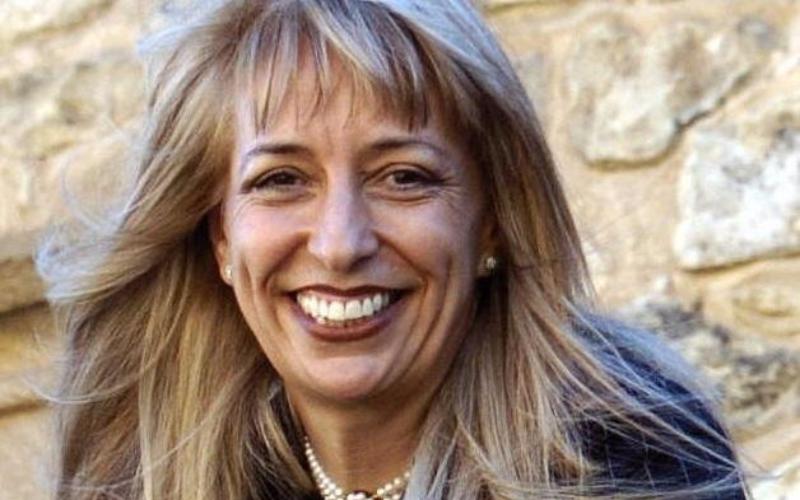Susan Greenfield
Baroness Susan Greenfield CBE, is a British scientist, writer, broadcaster and member of the House of Lords.
Specialising in the physiology of the brain, Susan researches the impact of 21st century technologies on the mind, how the brain generates consciousness and novel approaches to neurodegenerative diseases such as Alzheimers and Parkinsons.
Scientist, Writer, and Broadcaster
Susan Greenfield was born and grew up in Chiswick, West London and attended Godolphin and Latymer School for Girls in Hammersmith.
Schooldays
At school Susan found science not as inspiring as literature and history and forsook the amoeba and scientific methodologies in favour of A-Levels in Latin, Greek, Ancient History and Maths.
Whilst still a school girl Susan encountered for the first time the excitement of asking the truly big questions articulated so long ago by ancient thinkers: Why do people go to war? What makes them fall in love? How and why does one individual differ from another?
These ideas were to frame her thinking for many years to come and were realised full circle when she became President of the Classical Association in 2004 and was able to formalise the impact of Latin and Greek literature on her own personal ideas in the address, Vestigia Veteris Flammae, which was eventually broadcast in shortened form on Radio Three.
Ballet shoes to jodhpurs
Since Susans mother had been a dancer her hope was that her daughter would take up where she left off once she married. Accordingly from the age of two Susan attended formal ballet and tap dancing classes.
However, by the age of six it was apparent a career in ballet was not her destiny, given her preference for reading and horses. Her mother should take credit for not forcing her own ambition on her daughter, accepting instead that each individual needs to find their own path.
The beginning of a scientific journey
Susan started her time at Godolphin as a middle of the range student who did most of her homework on the top of a bus. It wasnt until she was taught Greek by Veronica Lemon, an inspirational influence in her life, that she discovered the motivation for preparing for classes properly.
The old adage everyone remembers a good teacher applies very strongly in this case and Susan subsequently pulled out all the intellectual stops, eventually gaining a place at St Hildas College, Oxford to read Psychology and Philosophy.
It was there she became increasingly fascinated by the physiology of the brain and developed an interest for the application of the big philosophical problems such as identity and consciousness, in the context of neuroscience.
One moment of realisation was when she dissected a human brain for the first time and wondered, if she had trapped a piece of brain tissue under her finger nail, whether that would have been a memory, an emotion or some other individual trait. Thus began a life long love affair with the intracacies and evolution of the human mind.
Greatest achievement
Susans greatest and most memorable achievement to date was when, as Director of the Royal Institution, she was able to introduce her mother and father to Her Majesty the Queen.
